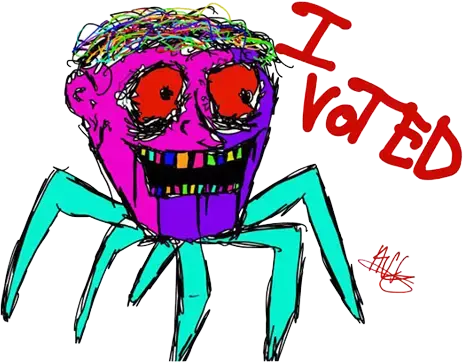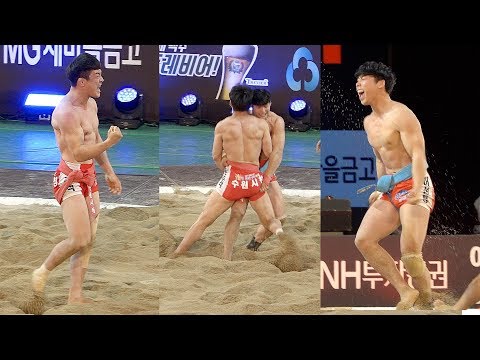Rimworld. Tropico 6. Also 1337x.to should have all the paradox games. Stellaris doesn't have a ton of dlc, and I enjoyed it.
Inshallah [they/them]
- Inshallah
- Banned
- 1 Post
- 11 Comments
So. Much. Winning.
- Inshallah [they/them]to
 ·4 years ago
·4 years agoOddly enough, Chess got me over this very thing. I hate competition because I dont want my opponent to lose,I want us both to cooperate and win together. I made a commitment with chess to practice, and not give up, and as I got better it got easier for me to be competitive, because I saw it as testing my opponent. If I crushed them, I would lay off and try and see where they needed to improve and then steer the game in that direction. If I lost, I would try and see where I made mistakes and could improve.
As for this "move accuracy" bs I have never seen or heard of it, but I would be highly suspicious. Engines can be great for very high level play, but the inaccuracies in even Master level play mean that often its matter of personal expression and finding positions you are comfortable with. The best way to learn is through an iterative process, and to think that there is always an objectively correct move is the wrong way to approach it. Learning chess isnt about being an engine, its about learning how to develop plans, and which plans work in which situations. So having a plan, even if its the "wrong" plan will teach you more than just always playing the "strongest" move in the position without some sort of plan behind it.
Also, I highly recommend you learn the basic types of tactics, pin, fork, skewer, etc. Also watch games. Agadmator has a MASSIVE catalog of annotated games. You can even check playlists by openings.
Last random suggestion. When you have gotten good at the middle game, i recommend endgames over openings. Learning how to simplify into winning endgames will win you many more games than learning rote openings.
Dvoretskys endgame manual is by far the most comprehensive book, and pretty much all you need. It is however rather complicated and certainly not necessary initially, or even up until around 1800.
- Inshallah [they/them]to
 ·4 years ago
·4 years agoWe create a corp of black and brown people, and then move them in to the suburbs to scare all the white people out. Then move them on to the next suburb and demolish the old one.
Where can I source unrendered tallow? Or even rendered tallow for that matter.
Not just the first one, the first 20. The last post that was legitametly remove worthy was 8 hours ago.
- Inshallah [they/them]to
 ·4 years ago
·4 years agoInshallah
- Inshallah [they/them]to
 ·4 years ago
·4 years agodeleted by creator
- Inshallah [they/them]to
 ·4 years ago
·4 years agodeleted by creator



Removed by mod